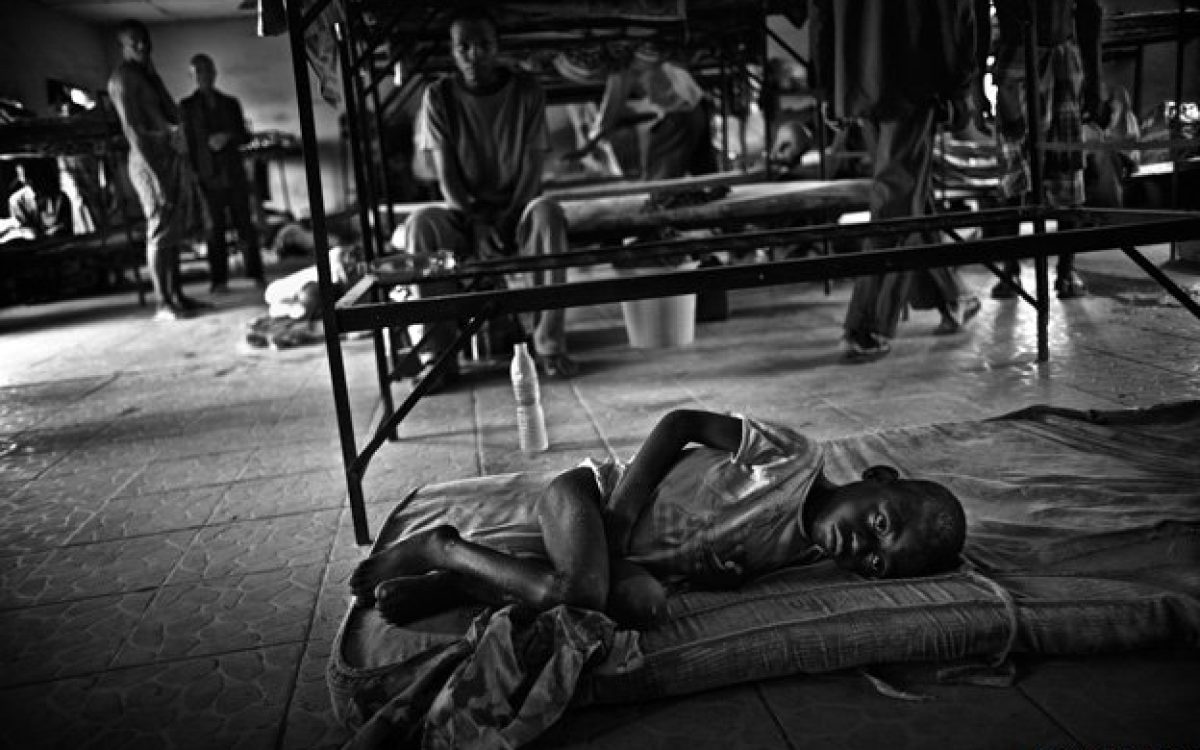Nigeria is said to be the giant of Africa. This could be true depending on what one understands by the statement “The giant of Africa”. In terms of natural or human resources, no one doubts her richness in both areas, but are these enough for her to be the giant of Africa? There is also another way of seeing this so-called giant. In terms of negligence or corruption, for example, I am convinced, just like you, that she is not “un-giant” in these areas too. One of those areas a country is evaluated is its ability to take care of its citizens. Nigeria is also a giant in this area because it has built a rehabilitation center for its citizens with mental illness. Read what Robin Hammond says about his experience in one of those centres.
Photographer Robin Hammond on the story behind the Nigeria picture
As 2012 draws to a close, I have invited five photographers to discuss the story behind one of their pictures taken this year. Today, photographer Robin Hammond looks at the events surrounding, a picture he took at a rehabilitation facility outside the Niger Delta city of Port Harcourt as part of an ongoing series entitled Condemned, which explores mental health issues in Africa.
They are tough pieces of work, hard to look at sometimes, but one that shines a light on an important issue. Be sure to check out more of Hammond’s work on his website once you have read the story in his own words : www.robinhammond.co.uk
A rehabilitation center in Nigeria They are hidden in the dark forgotten corners of churches, live out their lives on the filthy floors of prisons, and lie motionless, chained to rusting hospital beds. They rarely complain – life has taught them that they will not be heard, and they do not ask for help, they know none will come.
I first met Africans with mental illness in countries going through crisis while covering South Sudan’s referendum for independence.
It should have been a story about a hopeful future, but what I saw was the legacy of a violent and destructive past. In Juba Central Prison, men and women that had committed no crime were shackled to floors. Some of them had mental disability before the war, and others were traumatized by it. Without a hospital or any other provision for them, prison had become their home.…
Source: BBC News in Picture
”The truth might be hard to say, painful to bear or even drastic for the truth sayer but still needed to be said”. ALISON.






